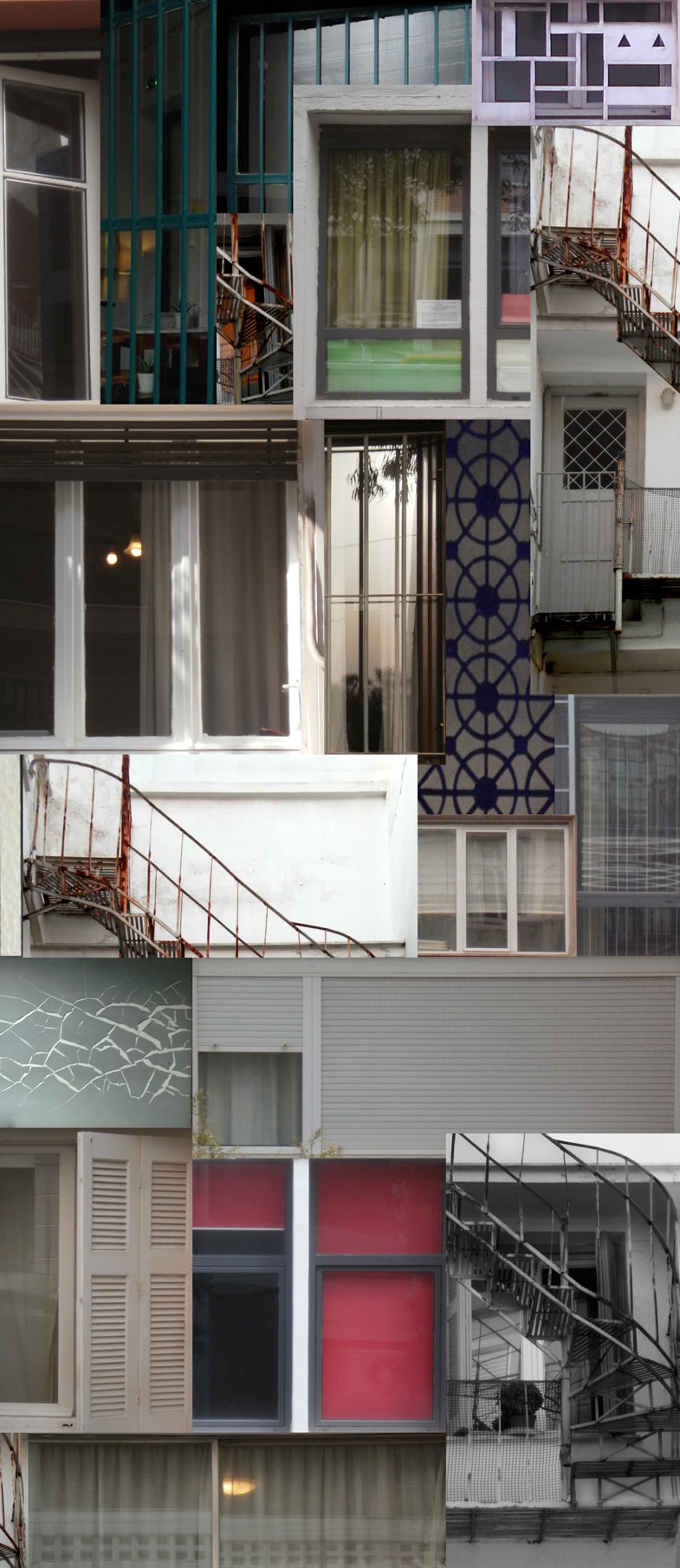Olga Papakosta
The Phantom of Liberty
all alone she started on her way
Let us imagine liberty. Liberty is a woman, no prizes for that. Yes, but which woman? Monica Vitti, say? I wouldn’t say so. Uglier, more worn out – not necessarily prevailing from the graves of our slain.
– With bloodied clothes?
– Occasionally.
– And with a sword?
– If needs be.
In a great hurry though. Never waits for the green light. See her house? A long time did she dwell there. Second floor. But nobody bid her return. This is what happens when you’re sad – and shy.
One day liberty wrapped herself in a sheet, put on a crown made of papier mache and lifted up her right hand, holding a cone full of pop-corn. She looked gorgeous, like a statue, but a little scary too.
Then we lost her.
~
The motto is from Dionysios Solomos’s (Greece’s “national poet”, 1798-1857) – “Hymn to Liberty”, composed of 158 quatrains in 1823 – the second year of the Greek struggle for independence from the Ottoman Empire, of which Greece had been a part for nearly four centuries. The poem’s first few stanzas were set to music five years later by Nikolaos Mantzaros (1795-1872), to form a choral song eventually adopted as the Greek national anthem. “From the graves of our slain shall thy valour prevail”, “long time did she dwell”, and “bid thee return” is how Rudyard Kipling (1865-1936) translated Solomos’s phrases that O.P. quotes or alludes to; “sad, shy” is also a phrase from the same poem, that Kipling did not render.
The ways in which O.P. plays with two national (and not only) icons and clichés (the Greek national anthem and the Statue of Liberty in New York) as well as with language registers, humour, and pop culture allusions, blending the philosophical with the contemporary, are all characteristic of her style and very original voice that some have –not unjustly and certainly as praise– called post-modern.
This poem is from her first collection, Not Carmen yet (Patakis Editions, Athens, 2012). Born in Thessaloniki in 1966, O.P. read Classics at the Aristotle University of Thessaloniki and has translated Cicero’s Tusculan Disputations. Her second collection, Metamorpho[th]es (also from Patakis Editions), came out in 2018. Her poems have appeared in various literary journals and been translated into English (Karen Van Dyck, ed., Austerity Measures, Penguin, London, 2016; New York Review Books, New York, 2017), German (Maria Topali, ed., Dichtung mit Biss: Griechische Lyrik aus dem 21. Jahrhundert, Edition Romiosini, Berlin, 2018) and Spanish. She lives in Athens, where she works as a secondary school teacher.
More by O.P. in English: https://poets.gr/en/poets/papakosta-olga/141-empty-inbox

Featured image: An artwork by Dimitra Maltabe, from the exhibition Athens Under the Microscope at FokiaNou Art Space (16 Jan - 02 Feb 2019).
